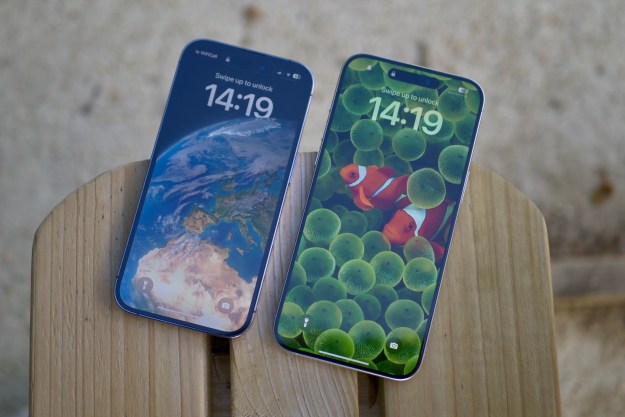
Apple argues that it’s basically just renting out App Store space, so users can’t sue it in the first place — instead, they can sue developers, who are the ones that set the prices for apps.
The case itself dates back to 2012, when users sued Apple for allegedly creating a monopoly in the app market by letting users only download apps from the App Store, and thus only allowing users to download apps that Apple had approved. Because the apps are all approved by Apple, users argued that there was a lack of competition and thus app prices were higher.
The new ruling, however, doesn’t necessarily rule that Apple has indeed created a monopoly — it just rules that users have the right to sue Apple. Now that ruling is out of the way, the original case will go ahead, though there’s no date yet as to when that case will proceed.
So what’s the goal of the case in the first place? According to the Reuters report, the goal is that Apple will open up the app ecosystem, allowing users to download apps from third-party sources, which could ultimately lower the price of apps. It’s also been suggested that a damages payment will be a part of the case.
Editors' Recommendations
- Here’s how Apple could change your iPhone forever
- When will Apple release iOS 18? Here’s what we know
- We now know when Apple is adding RCS to the iPhone
- The DOJ has sued Apple over the iPhone. Here’s what it means for you
- 8 iPhone browser apps you should use instead of Safari


